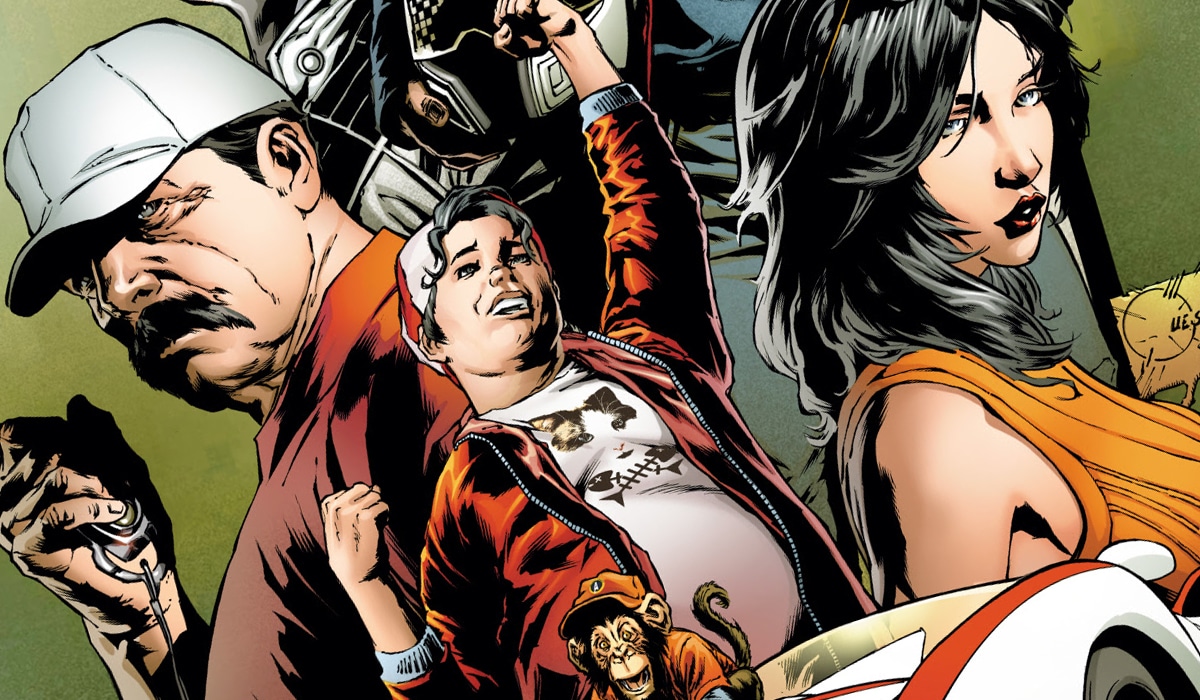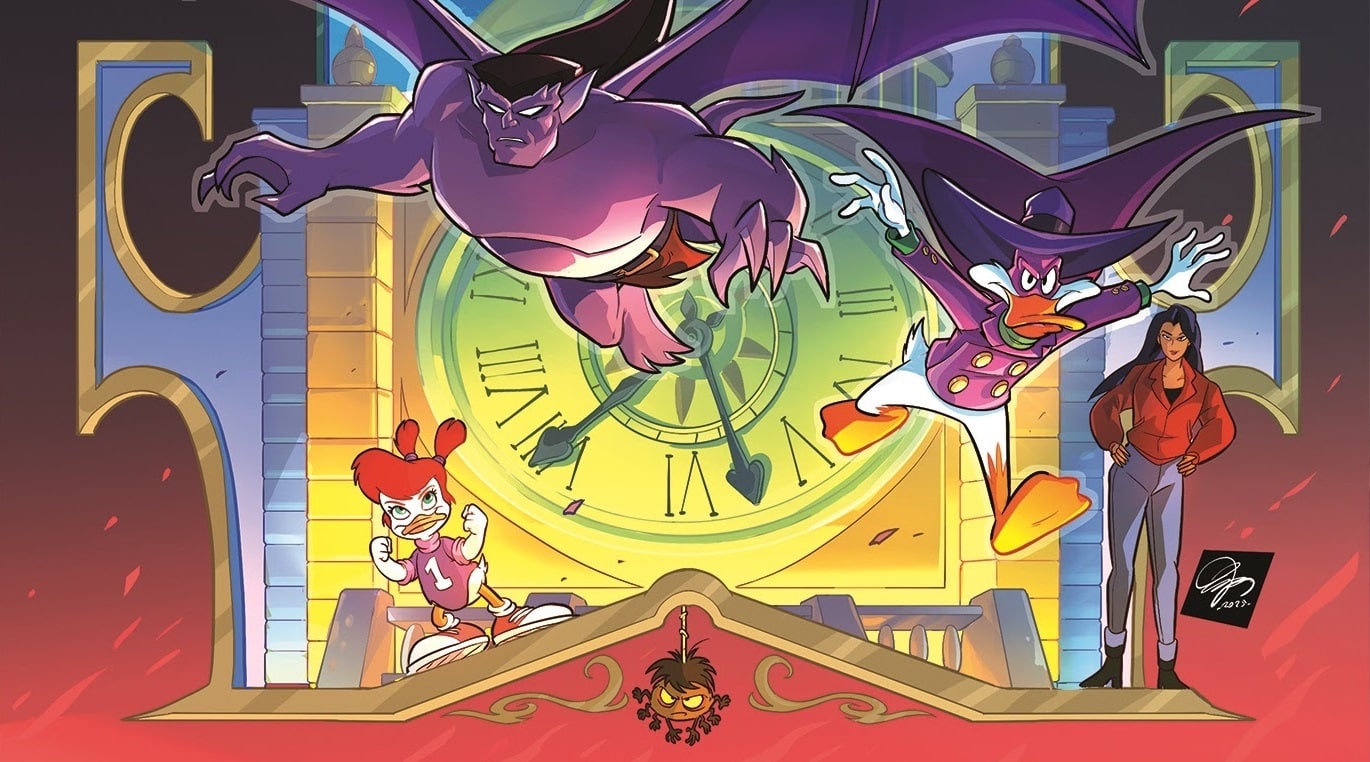
The FX series Alien: Earth looked like it could expand one of the greatest horror franchises of all time. Instead, it turned into everything viewers have come to expect from Hollywood these days: poor writing, shallow archetypes, and choices that actively damage the brand’s legacy. What was pitched as a sharp, terrifying sci-fi thriller has collapsed into a showcase of failed storytelling.
One issue is the main character, Wendy, played by Sydney Chandler. Her story arc could have offered something unique: a dying child given an artificial adult body, complete with heightened abilities. That setup invited exploration of how a vulnerable mind adapts to immense power. Instead, the show skipped right over the hard questions and turned her into a Mary Sue who defeats a xenomorph with an office paper cutter in episode three. Later she inexplicably gains the power to communicate with and control the creatures, a franchise-breaking ret-con that destroys decades of established lore. Along the way, every man around her is written as weak, stupid, or villainous, while women are divided neatly into victims or boss figures, undercutting the possibility of any balanced or nuanced characterization.

The mishandling of the xenomorphs is even worse. The studio transformed Ridley Scott’s iconic monsters into something resembling obedient pets. Wendy’s “frog sound” can apparently direct xenomorphs to kill, capture, or guard on command. No longer primal predators lurking in shadows, these alien nightmares now resemble animated sidekicks. Visually, the decision to lean on broad daylight CGI sequences backfires. Scenes look like a cheap television cosplay instead of horror, and at moments the digital work is so flat that scaled models or practical effects would have been more convincing.
The show also packs in a laundry list of misplaced cultural messaging. A setting in Siam features only one Asian character, raising questions about how “diversity” is being handled on screen. Rap songs play during sequences that demand tense atmosphere, but the modern music breaks immersion every time. The story pushes heavy-handed anti-capitalist themes, racism allegories, and digs against the military and police. These insertions feel pasted in rather than woven into the story. They add little beyond reminding the audience that the focus is more on ideology than on building suspense or horror.

Meanwhile, much of the writing suffers from sheer tedium. Scenes stretch on needlessly without contributing to story or character. Conversations that should sharpen tension instead meander until they become boring. Characters routinely behave in ridiculous ways, such as sending expensive research assets into hostile environments with no armor, safety gear, or training. Watching billion-dollar corporations or military operatives written to act like amateurs isn’t believable or engaging.
The final outcome is a show that damages the entire Alien brand. Instead of building on Ridley Scott’s terrifying vision, FX and Disney delivered a hollow product that chases current Hollywood trends while gutting what made the franchise powerful. Xenomorphs as pets, forced political messaging, and weak storytelling have gutted what could have been a strong premise. Fans didn’t get suspense or terror. They got long, boring scenes, clumsy ret-cons, out-of-place music, and iconic monsters reduced to props.

Alien: Earth had promise, but in execution it is not just a misstep for the franchise. It is proof of how quickly Hollywood can dismantle a legendary property when it prioritizes messaging and shortcuts over real storytelling.
***



















 English (US) ·
English (US) ·